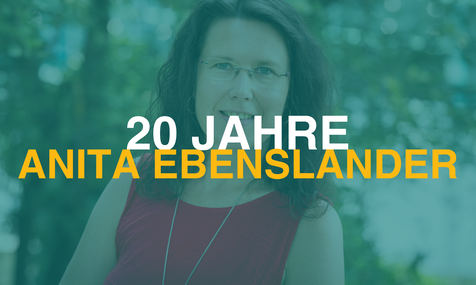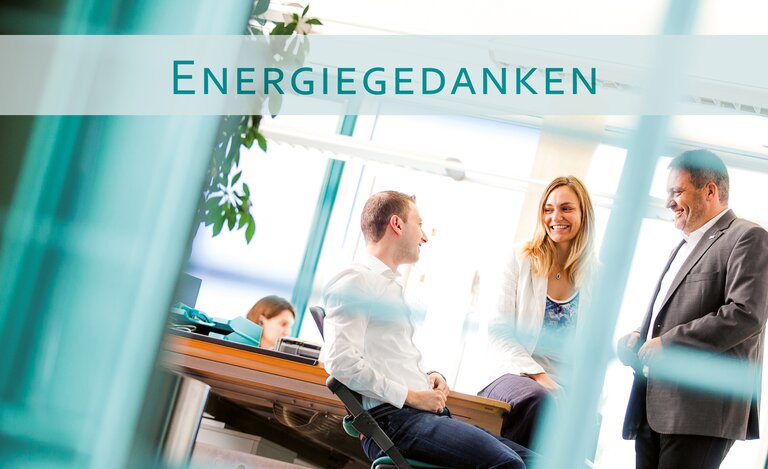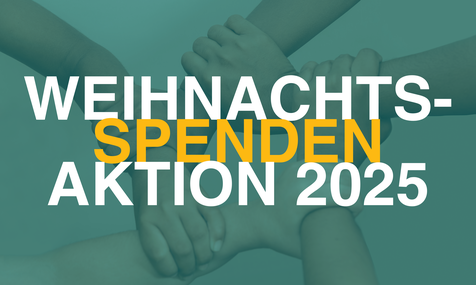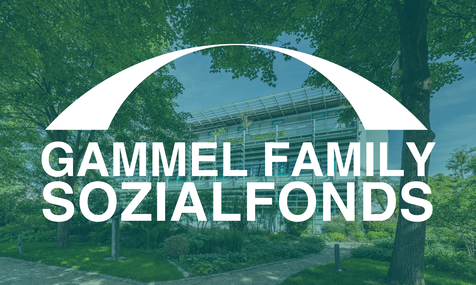Transmission grids - license to make money instead of duty to regulate?
Today, the transmission systems, which are divided into four control areas, operate under the group names 50Hertz, Amprion, Tennet and TransnetBW. Only the latter transmission system operator is assigned to the federal state of Baden-Württemberg: The state company EnBW used to operate the grids; after being sold to French state-owned companies in the meantime, the then CDU-Teufel state government brought the lines back home to the state at a much more expensive price.
However, regardless of whether they are state-owned or part-owned by a doctors' pension insurance company: TSOs in this country are something like money-printing machines. Although "their operators are generally subject to state supervision" by the Federal Network Agency, as "transmission networks are natural monopolies", according to Wikipedia. However, this supervision grants the companies guaranteed returns that are quite something. Even if the rates, which until recently were over nine percent, have now been reduced by around one point: Normal savers can only dream of this with zero-interest bonds.
But what do the four transmission system operators (TSOs) actually do? In principle, they have the task of regulating the grids. This means that the TSOs must constantly balance the amount of electricity fed into the lines with the current consumption.Can you demand that for a guaranteed return on equity of just under eight percent, do you think? You're making a mistake in your thinking. Because the four TSOs get the money anyway, regardless of whether they have to regulate or not. They seem to prefer to do something completely different: they moan. Tennet boss Urban Keussen, for example, recently made a public statement via Handelsblatt: The costs for these control tasks ("emergency measures") have "exploded", from 185 million euros in 2014 to 412 million euros a year later. Good; Keussen admits: "Consumers had to pay the costs for these redispatch interventions via the grid fees", so his returns were not reduced as a result. But to disguise this, he uses drastic words: "If renewable energies flood the grid again, fossil fuel power plants have to be shut down in return. If there is a lull in Germany, it is the other way around: the loss of wind power must be offset by gas and coal-fired power plants. This is the only way for Keussen and his employees to prevent the power grid from collapsing," the Handelsblatt newspaper writes.
But the Tennet man, like the other TSO bosses, would certainly prefer the construction of new extra-high-voltage lines regulated by law: Because they ensure high returns in the long term. This is why the TSOs would rather build one more high-voltage direct current (HVDC) transmission line between two end points in northern and southern Germany than fewer.
This can currently be seen in Bavaria, where Energy Minister Ilse Aigner (CSU) promised "two minus X" routes through the state two years ago. However, the variable "X" could now mean "minus 1", i.e. three instead of two new HVDC lines. Albeit underground, i.e. no longer visible at first glance. The active power line construction protest initiatives in many places seem almost helpless. They once campaigned against the huge transmission lines on pylons and are now protesting against the underground HVDC cables. Their call for a decentralized energy supply, which would make it possible to dispense with a large proportion of the new north-south lines, has largely gone unheeded.
Because when it comes to concealing responsibilities, profits and more rather than fewer lines, it seems as if politicians, supervisory authorities and TSOs are all pulling in the same direction. After all, the normal electricity customer pays the costs. And because lobbyists repeatedly blame "high subsidies for solar and wind power" for the price increases in the media, Otto Vierzimmermieter prefers to berate the green energy providers.
(Author: Zukunftsenergie-Team Gammel)



